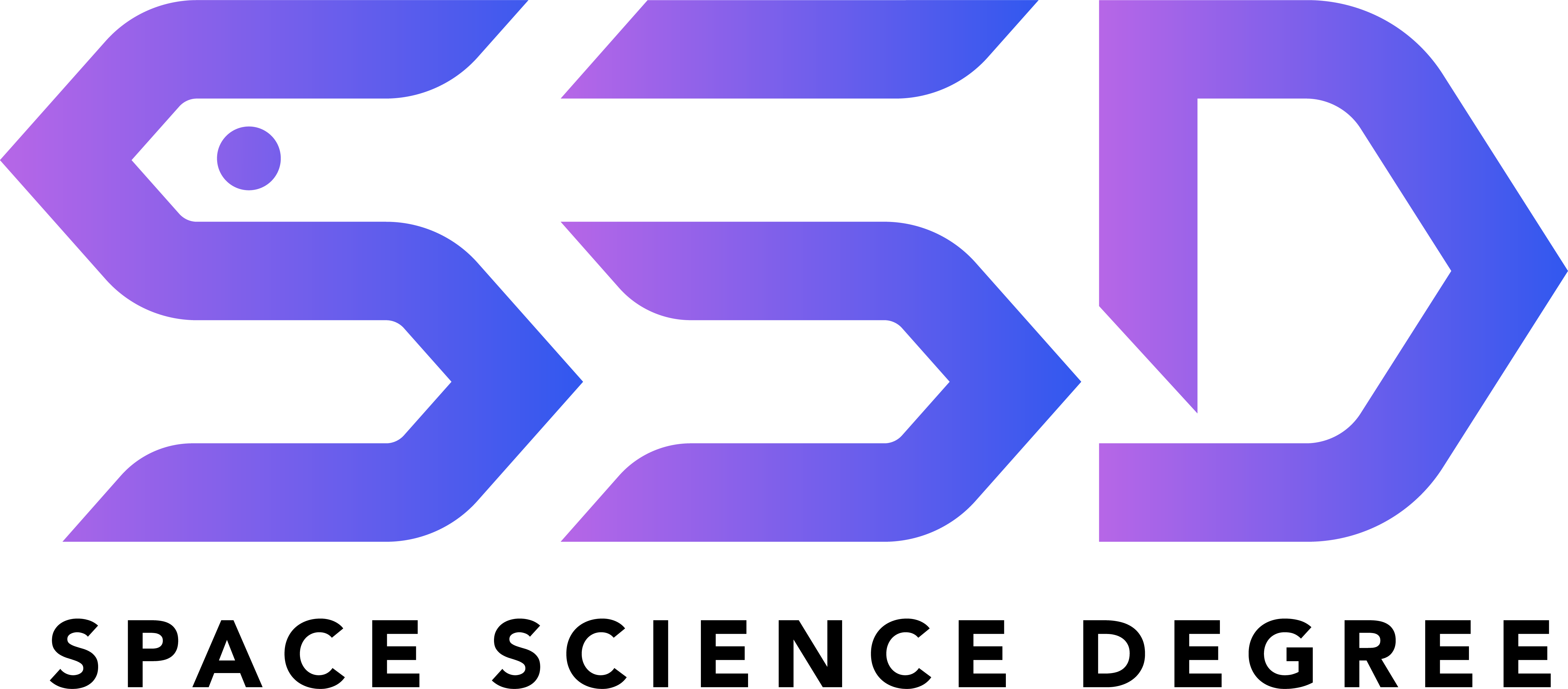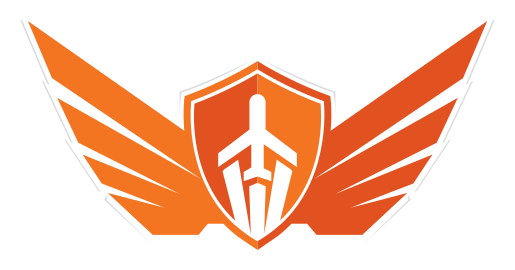
Finding a job in the space science industry involves a blend of education, skill development, networking, and strategic job hunting. Here's a comprehensive guide to help you navigate this exciting field:
Education and Skills
Educational Background: Typically, a degree in fields like astrophysics, astronomy, physics, engineering, or computer science is beneficial. Advanced degrees (Masters, Ph.D.) can be advantageous, especially for research positions or higher management roles.
Key Skills:
Technical Skills: Proficiency in programming (e.g., Python, MATLAB for data analysis), understanding of spacecraft design, orbital mechanics, and data analysis.
Soft Skills: Problem-solving, critical thinking, teamwork, and communication skills are crucial due to the collaborative nature of space projects.
Job Types and Roles
Research and Development: Positions like astrophysicist, planetary scientist, or propulsion engineer focus on developing new technologies or understanding cosmic phenomena.
Engineering: Roles such as aerospace engineers, systems engineers, or software engineers design, test, and improve spacecraft, satellites, and related technologies.
Operations and Management: Project managers, mission controllers, or quality assurance managers oversee the execution of space missions or production processes.
Communication and Education: Science writers, educators, or outreach coordinators help translate complex space science into public understanding, crucial for funding and public support.
Government vs. Private Sector: Consider opportunities with NASA, ESA, private companies like SpaceX, Blue Origin, or smaller startups focusing on satellite technology, space tourism, or asteroid mining.
Job Search Strategy
Industry Events and Conferences: Attend space conferences like the International Astronautical Congress or smaller, specialized events. These are excellent for networking.
Professional Associations: Join groups like the American Institute of Aeronautics and Astronautics (AIAA), the Planetary Society, or the British Interplanetary Society for networking and job listings.
Online Platforms: Websites like LinkedIn, Indeed, and specialized platforms like Space Careers or SpaceJobs.com can be useful. Also, check the career pages of specific companies or space agencies.
Internships and Entry-Level Jobs: If you're starting out, internships or positions like test technicians or data analysts can provide entry into the field.
Direct Applications: Many smaller companies or startups might not advertise widely. Directly applying or contacting these organizations can sometimes lead to opportunities.
Networking
Professional Networking: Connect with professionals on LinkedIn, engage in discussions on platforms like X, or join forums like Reddit's r/spaceX or r/space.
Alumni Networks: Leverage university alumni networks, especially if your school has a strong aerospace or physics department.
Application Tips
Tailor Your Resume: Highlight relevant projects, skills, or publications that align with the job's requirements.
Cover Letters: Explain why space science is your passion and how your background uniquely qualifies you for the role.
Stay Informed: Keep up with the latest in space technology, policy, and science. This knowledge can make you stand out in interviews.
Opportunities in 2024
Given the current trends:
Increased Private Sector Involvement: Companies like SpaceX are expanding, looking for talent in engineering, operations, and new technology development.
Government Agencies: NASA and similar agencies continue to hire, with a focus on sustainability, moon missions, and Mars exploration.
Emerging Markets: Space tourism, satellite internet services (like Starlink), and space logistics are growing fields with new job opportunities.
Interdisciplinary Roles: There's a growing need for roles that bridge technology, business, and policy, especially with the commercialization of space.
Remember, persistence is key. The space industry, while growing, is still niche, requiring patience and perhaps relocation for opportunities. Good luck in your quest to join this fascinating field!


